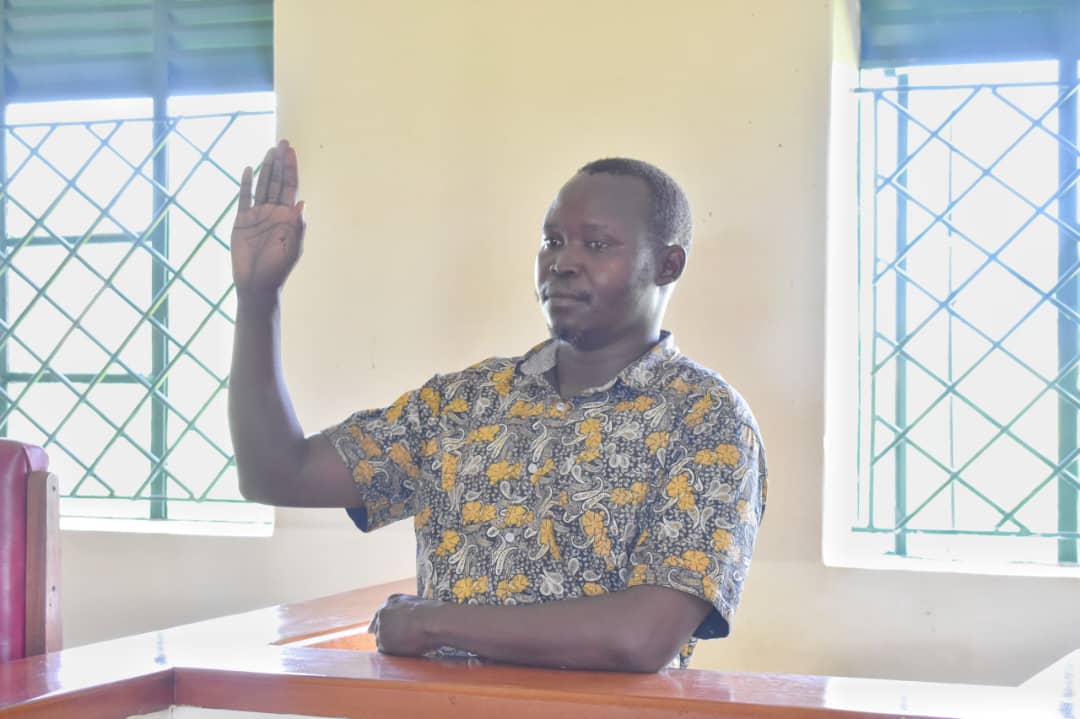Uganda Grapples with Rising Tide of Substance Abuse: A Call for Urgent Action
In recent years, Uganda has been confronting a growing epidemic of substance abuse, posing significant challenges to public health, social cohesion, and economic development. From urban centres to rural communities, the scourge of drug and alcohol addiction has permeated various segments of society, necessitating concerted efforts to address this pressing issue.
Prevalence and Patterns:
Keep Reading
Substance abuse in Uganda spans a wide spectrum, encompassing alcohol, tobacco, marijuana, prescription drugs, and illicit substances such as cocaine and heroin. While alcohol remains the most widely abused substance, particularly among youth and young adults, the misuse of prescription medications and the emergence of new synthetic drugs are on the rise.
Root Causes and Contributing Factors:
Several underlying factors contribute to the prevalence of substance abuse in Uganda, including poverty, unemployment, social inequality, trauma, peer pressure, and lack of access to education and recreational opportunities. Additionally, cultural norms surrounding alcohol consumption and the easy availability of cheap and illicit drugs exacerbate the problem.
Impact on Health and Society:
The repercussions of substance abuse are profound and far-reaching, manifesting in various health, social, and economic consequences. Chronic alcoholism and drug addiction contribute to a myriad of health issues, including liver disease, mental health disorders, HIV/AIDS transmission, and overdose-related fatalities. Moreover, substance abuse fuels crime, violence, family breakdowns, and child neglect, straining social welfare systems and hindering community development efforts.
Challenges in Prevention and Treatment:
Uganda faces significant challenges in addressing substance abuse, including inadequate funding for prevention and treatment programs, limited access to healthcare services, stigma associated with addiction, and gaps in regulatory enforcement. The lack of comprehensive data on the extent of the problem further complicates efforts to develop targeted interventions and allocate resources effectively.
Government Response and Policy Initiatives:
The Ugandan government has recognized the urgency of tackling the substance abuse crisis and has taken steps to address it through policy reforms, public awareness campaigns, and capacity-building initiatives. The National Drug Authority (NDA) plays a central role in regulating the pharmaceutical industry and combating the illicit drug trade, while the Ministry of Health implements prevention, treatment, and rehabilitation programs in collaboration with civil society organizations and international partners.
Community Engagement and Grassroots Solutions:
Efforts to combat substance abuse extend beyond government interventions, with grassroots organizations, religious institutions, community leaders, and concerned citizens playing an active role in raising awareness, providing support services, and advocating for policy reforms. Community-based initiatives such as peer support groups, counselling services, and vocational training programs offer hope and healing to individuals struggling with addiction and their families.
Call for Collaboration and Holistic Approach:
Addressing the complex issue of substance abuse requires a multi-faceted approach that encompasses prevention, treatment, harm reduction, and social reintegration strategies. Collaboration between government agencies, civil society organizations, healthcare providers, law enforcement agencies, and affected communities is paramount to achieving sustainable progress in combating substance abuse and promoting holistic well-being.
Conclusion:
As Uganda grapples with the escalating challenges posed by substance abuse, the need for collective action and sustained investment in prevention and treatment efforts has never been more urgent. By fostering a culture of resilience, compassion, and solidarity, Uganda can overcome the scourge of addiction and empower individuals and communities to lead healthy, fulfilling lives free from the shackles of substance abuse.
















